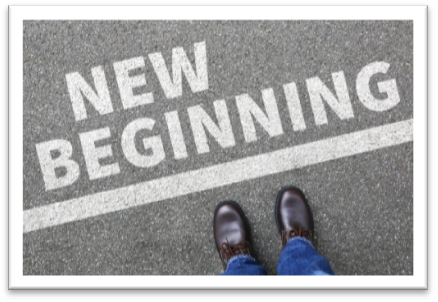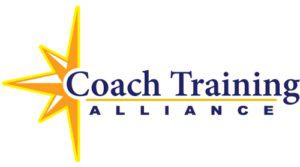During these past summer months, I have been deep into researching, reading, and writing about “Life Transitions” and all that transitions entail. If you have been a client of mine in the past you know I frequently call this: “Surfing Lava.” It will be no surprise to you that you, me and everyone we know is always in a state of “change” or “transition.” It is my belief it is not the transition itself that gives us trouble. Instead, it has the tools and questions to navigate the transition which is the real challenge. What do you think about that statement?
Dr. Henry Cloud wrote an excellent book around this topic entitled: “Necessary Endings.” Dr. Cloud’s premise along with many other author’s is this process of “transition:”
- Something must come to an end.
- There is a period or a gap before the next thing begins, like a desert.
- Then there is a new beginning.
I’d like to explore each of these three components of “transition” in this blog post. We will begin by encouraging you the reader to think of a most recent time when you had an end to something, then a gap, and finally a new beginning. Think about this for a couple of minutes. Let the memory come into your conscious awareness and all the emotions that accompany it. Okay, now let’s take that memory and unpack it with our three-step process mentioned above.

1. Something must come to an end
Let’s look at a life experience that happens to most of us as parents. For those of us who have children, they all transition into each year of education. Think about the first day of school for your child. They got on the big yellow bus, or you were in the carpool drop off lane for the first time. Then there was the first day of High School.
Later the first day of college. As you drove away after the big “move-in,” how did you feel about that role you played had come to an end. Each of us handles this type of transition differently.

- There is a period or a gap before the next thing begins, like a desert. Often when we end one phase of life, we begin to “wander” around wondering what is next for me or perhaps you are so excited at the ending of one thing and the beginning of another, and you do not experience the gap moments in your life. If you do experience that gap or being in the desert, this is a time to step back and take inventory of where you are in other areas of your life. This is time when you can focus your energies elsewhere, where you may have neglected and now is the time to re-engage in these areas of life. You have heard the saying do not be sad it is over, be thankful that you experienced it. This is so true for all of us.

3. Then there is a new beginning. Think back to a time when you were the one who was going off on that new adventure. Perhaps it was moving into your dorm room at college. Maybe it was that first job and first apartment or buying a new car without a co-signer. Perhaps it was getting married or welcoming a new life into your family. These all come with lots of emotions; everything is unique to you no matter how much you prepare. We all have some sense of excitement, fear and lots of questions which we do not have the answers for. Welcome these into your life.
Recently I took a course creation online training, and I learned something which ties into what we are talking about today. There are three learning truths that we each have, and if we apply them, we can navigate through transitions in our lives. Here are these truths:
- “All learners come to the learning experience with some prior knowledge” – The facilitator explained this as: “A toddler may not know what azure is as a color, but the toddler knows what a blue sky looks like.” We all know things based on some, even if it is limited knowledge.
- “Existing knowledge does not go away without a new experience.” – Here again, this may seem elementary; however, our past experiences good and bad stay with us until a stronger new experience dislodges the old one. Let’s say you had an awful experience with a carpet cleaning service, and you would never recommend that company to anyone, and you even posted a negative review of the company online. This experience lives in your mind until such time as you have a positive experience with another cleaning company which can replace your existing negative one.
- “All knowledge is built upon existing knowledge.” We each use our previous experiences to base our knowledge of the current situation. As a coach, I frequently challenge my client’s assumptions based on their existing knowledge. I do this by asking them to think of someone who has navigated their current challenge, and I like them: “How did they do that?”
You can see when you put all these questions, experiences and points of view into a process for navigating the transition; you begin to see a roadmap of how you might traverse the void you find yourself in today.
So, what about you? As you read this blog on transition, did you find yourself stuck in one of the three descriptions? If you answered NO, good for you. I would encourage you to look around you and see who is surfing lava tomorrow. If you answered YES, then let’s talk about that or find someone in your circle of peers or someone 5 years older than you are who have already weathered the storm you find yourself in and see what they can contribute to let you know how they navigated this save transition. Remember we are all in a constant state of development every day of our lives. Transition is a normal part of your human experience.
Author Janice Bastani is a certified executive leadership coach and holds many credentials in the coaching arena.


